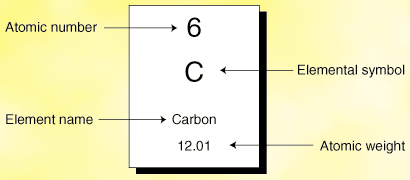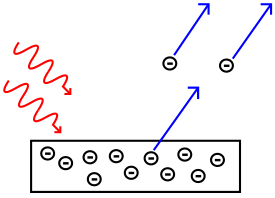Atomic Bonding
Quick note: for anyone who wants to actually read these and try to revise, i'll post 'em every Tuesday Thursday and Sunday night - and on some Saturdays, okay?
Okay, back to basics, again.
In GCSE Chemistry there are 3 main types of bonding:
- Covalent
- Ionic
- Metallic
For your exam in January, or whenever you're doing it (if you are) you should know these 3 types of bonding inside and out - at a GCSE level.
Lets start with the easiest...
Covalent Bonding
This type of bonding exists all around us, at the moment you're sitting in a room crowded with molecules 'using' covalent bonds so to speak.
A covalent bond is basically when atoms share electrons, like in the case of hydrogen gas, in which the formula is H2, Hydrogen is the lightest element with one electron on its outer shell, and the first shell (or energy level) can only hold two electrons, so hydrogen both share their electron with the other so they both have a full shell!
 |
| Here is a very helpful diagram I grabbed off Google to show you what they look like. |
Covalent bonds can also be double bonded, where the atoms share 2 electrons each, or 2 groups of electrons.
This happens in oxygen, O2, where the oxygen both share two electrons, so in a sense, they both gain two! Thus filling their second energy level, or outer shell.
COVALENT ONLY HAPPENS BETWEEN TWO NON-METALS.
Ionic
Unlike covalent, ionic happens between a metal and a non metal. It is where atoms physically swap electrons, or give/lose them to gain a full outer shell, like throwing a baseball - got it?
Take table salt for that matter, also known as Sodium Chloride, or NaCl.
The first energy level on an atom can hold 2 electrons, and the second 8. Add these together and you get 10, 10 for two full outer shells. The third, for our purposes, can only hold 8 too, and this taking our grand total to 18 electrons, if it has anywhere near that many.
Sodium has 11 electrons, and Chlorine has 17, Sodium is one above 10, and Chlorine is one below 18.
Found the solution?
That's right, they 'swap' so to speak. And the sodium gives and electron to chlorine - and they are thus bonded by the charge difference due to that.
That's right, they 'swap' so to speak. And the sodium gives and electron to chlorine - and they are thus bonded by the charge difference due to that.
If you have 11 protons and electrons on a sodium atom, the atoms is neutral, right? 11-11=0.
However if you have 11 protons and 10 electrons on a sodium ion it is actually positively charged! 11-10=1 - however, sodium has its desired full outer shell, which all atoms want.
However if you have 11 protons and 10 electrons on a sodium ion it is actually positively charged! 11-10=1 - however, sodium has its desired full outer shell, which all atoms want.
Quick note: for GCSE purposes, METALS ALWAYS BECOME POSITIVE. 1+, 2+ OR 3+.
Now lets look at chlorine, usually it has 17 protons and electrons, thus creating an equilibrium and a neutral charge.
An ion on the other hand has 17 protons and 18 electrons, 17-18=-1 and... a negative charge!
However, like sodium it has a full outer shell!
This is the basic theory behind ionic bonding, although they can be complex, but i'll go over that in the near future.
An ion on the other hand has 17 protons and 18 electrons, 17-18=-1 and... a negative charge!
However, like sodium it has a full outer shell!
This is the basic theory behind ionic bonding, although they can be complex, but i'll go over that in the near future.
Metallic:
Possibly the easiest to understand but hardest to explain, but, here I go...
Metals will always have extra electrons on their outer shell, but usually no more than 3, but that doesn't matter right now - all you need to know is that metals lose electrons to gain full outer shells.
When metal atoms come together, i.e. Lithium they give up these outer electrons and form a sea of given up electrons. This sea holds them all together.
Imagine a jam sandwich, the two slices of bread are the lines of lithium atoms, arranged in a neat form, and the jam holding the slices together is the sea of 'delocalized' electrons.
Litium has 3 electrons, if it gives up one, it has two and thus a full outer shell, so it donates an electron along with lots of other Li atoms, and forms a Li+ ion, and a delocalized electron. This sea of delocalized electrons generally holds the metal together, like the said jam. This is because the electrons are negative and the ions are positive, for our purposes.
The electrons in the metal are free to move around, this is why metals are the best conductors, as electricity is just a moving flow of electrons, a charge/coulomb.
Metallic bonding, like common sense should dictate, is strictly for metals.
Thanks, Ben.
Quick note: dissociated acids in water i.e. Sulphuric Acid H2SO4, will behave like an ionic substance in water although it is convalent due to the definition of a covanlent bond, and an acid etc. I will go over this soon.

















